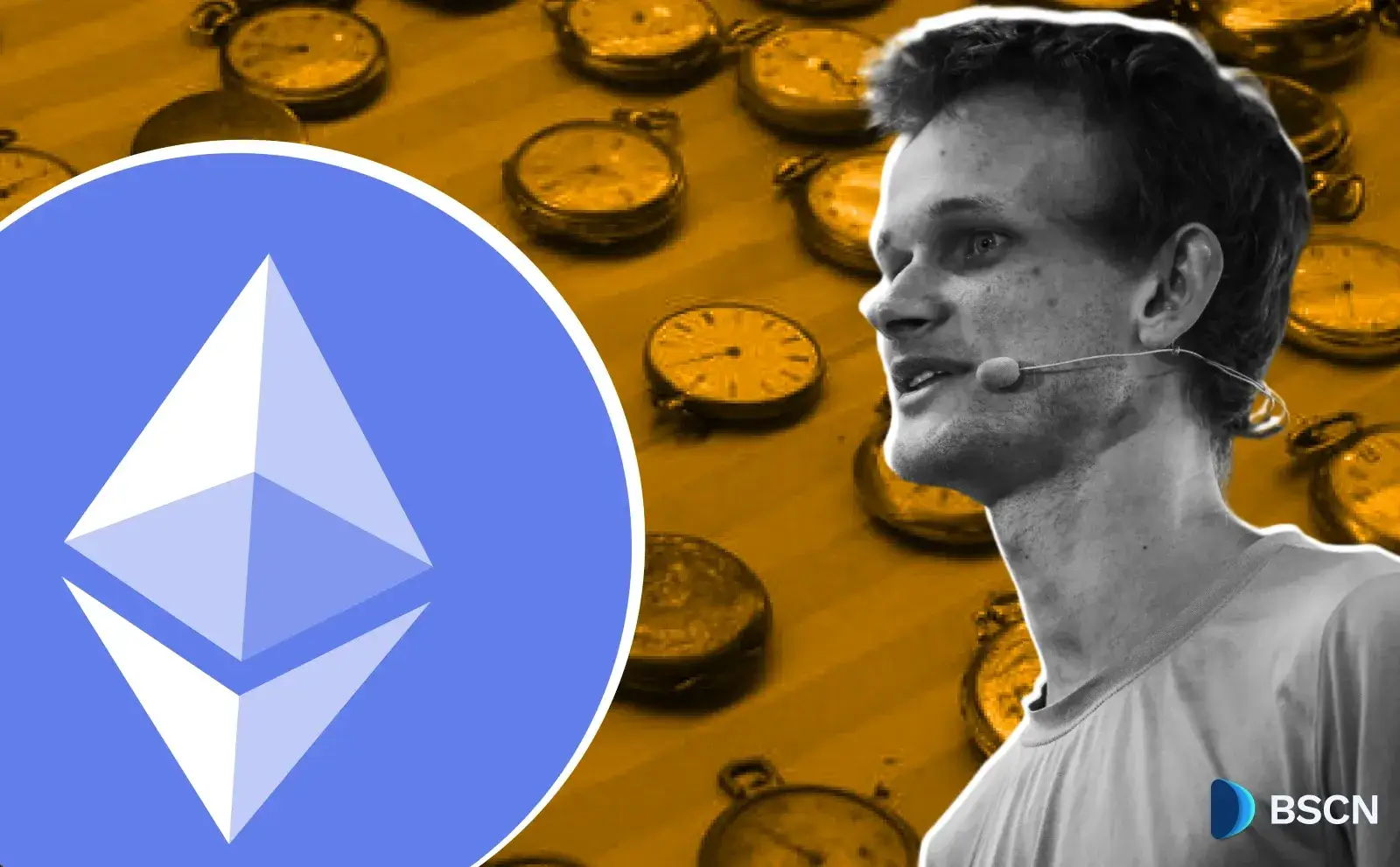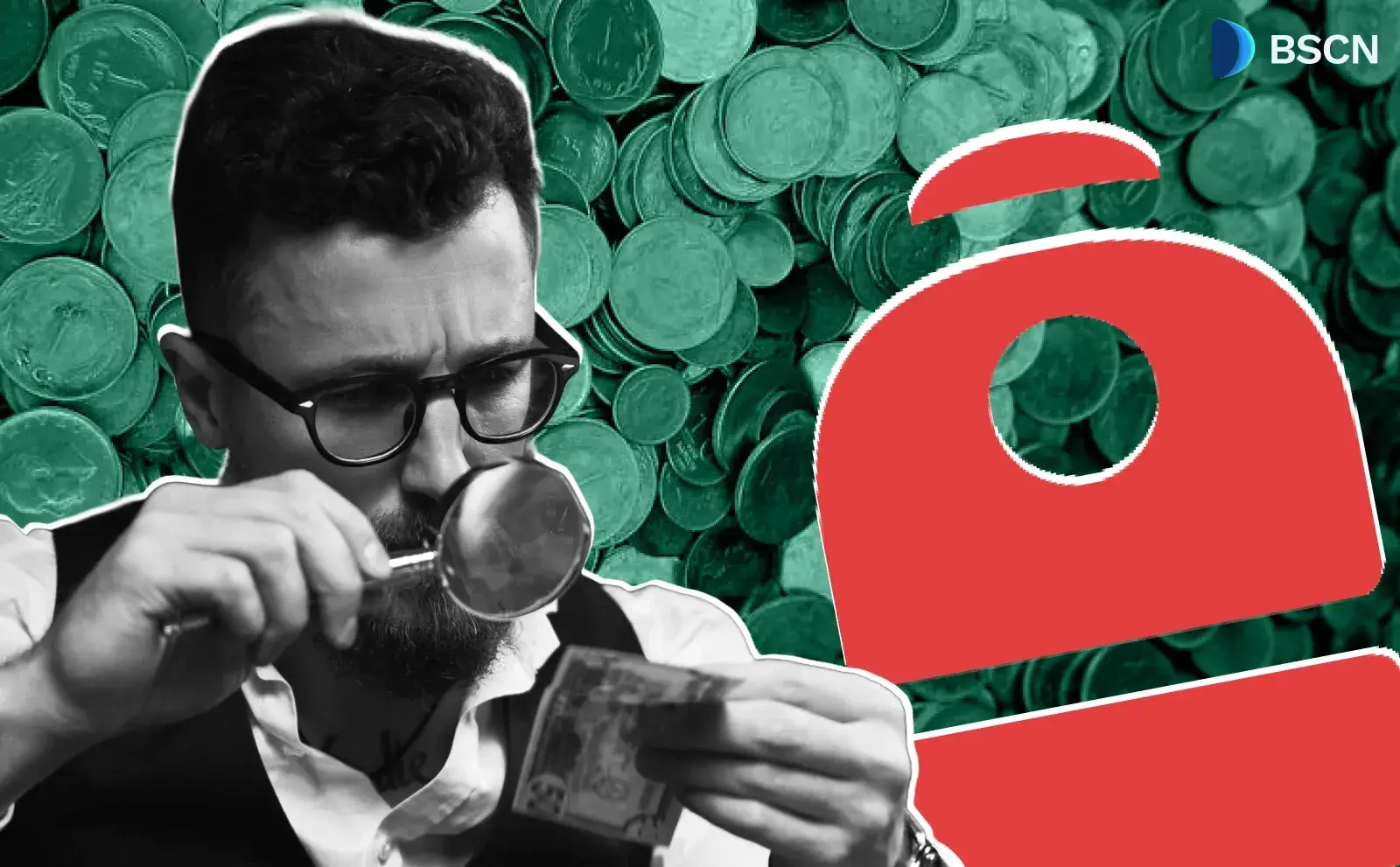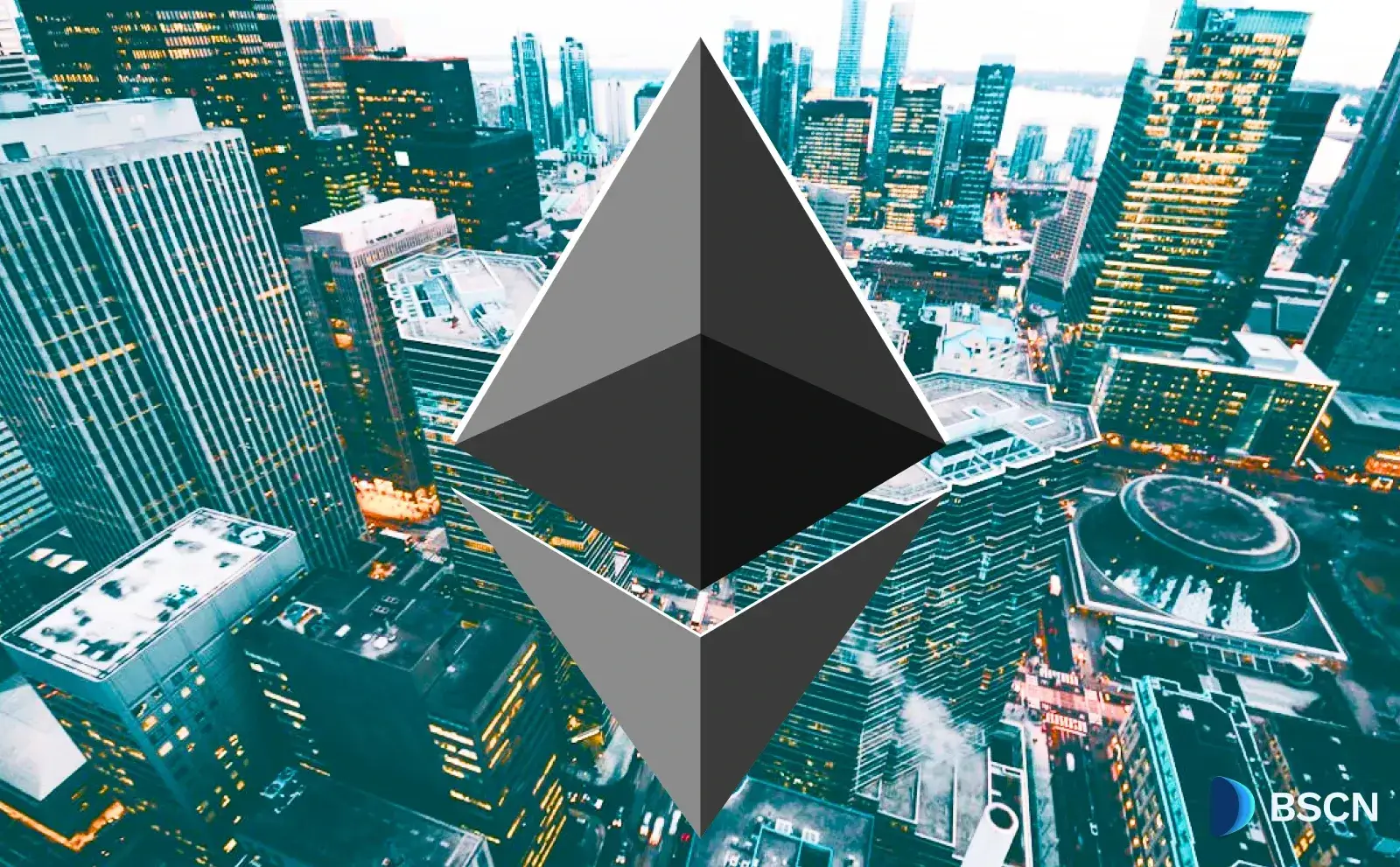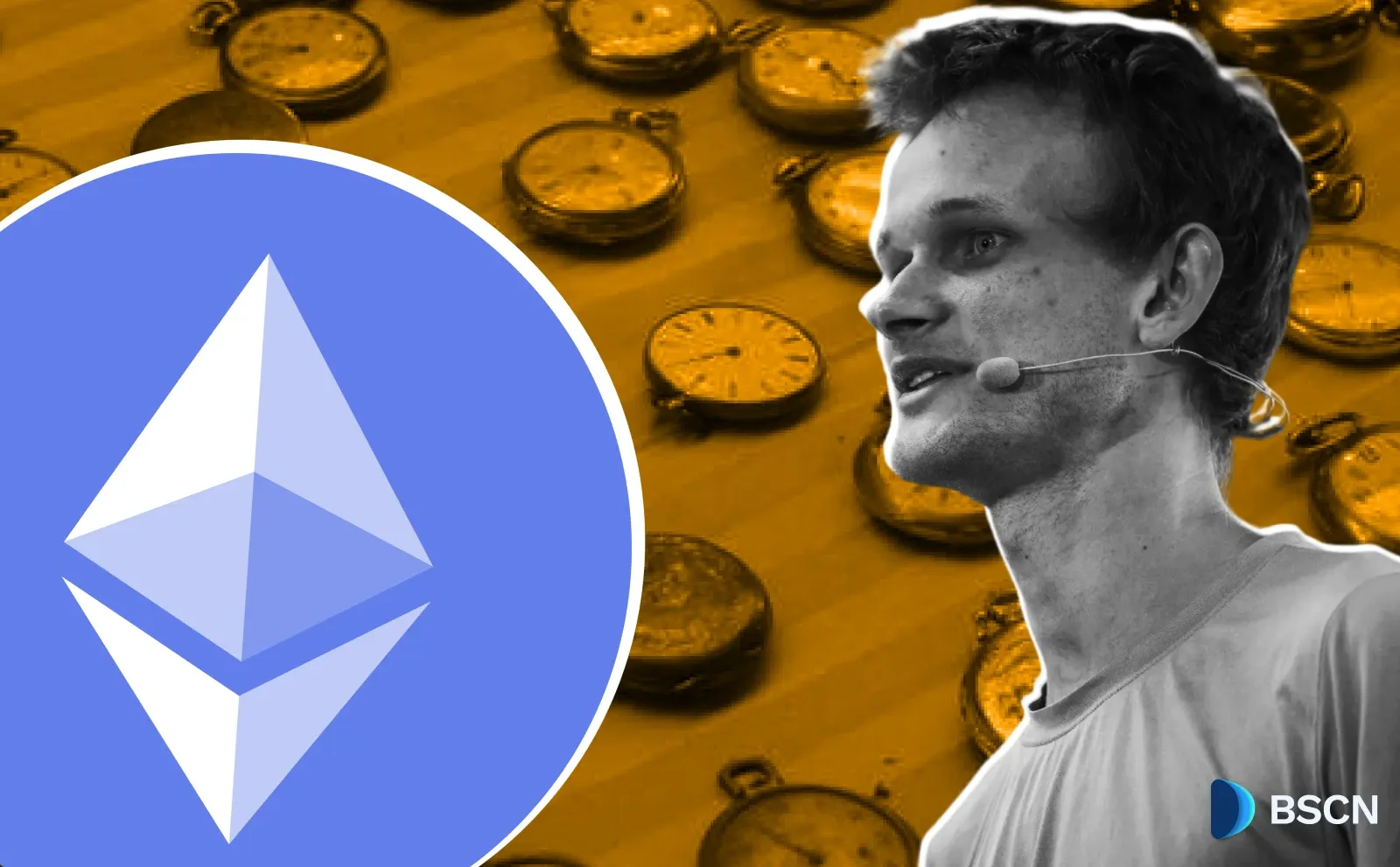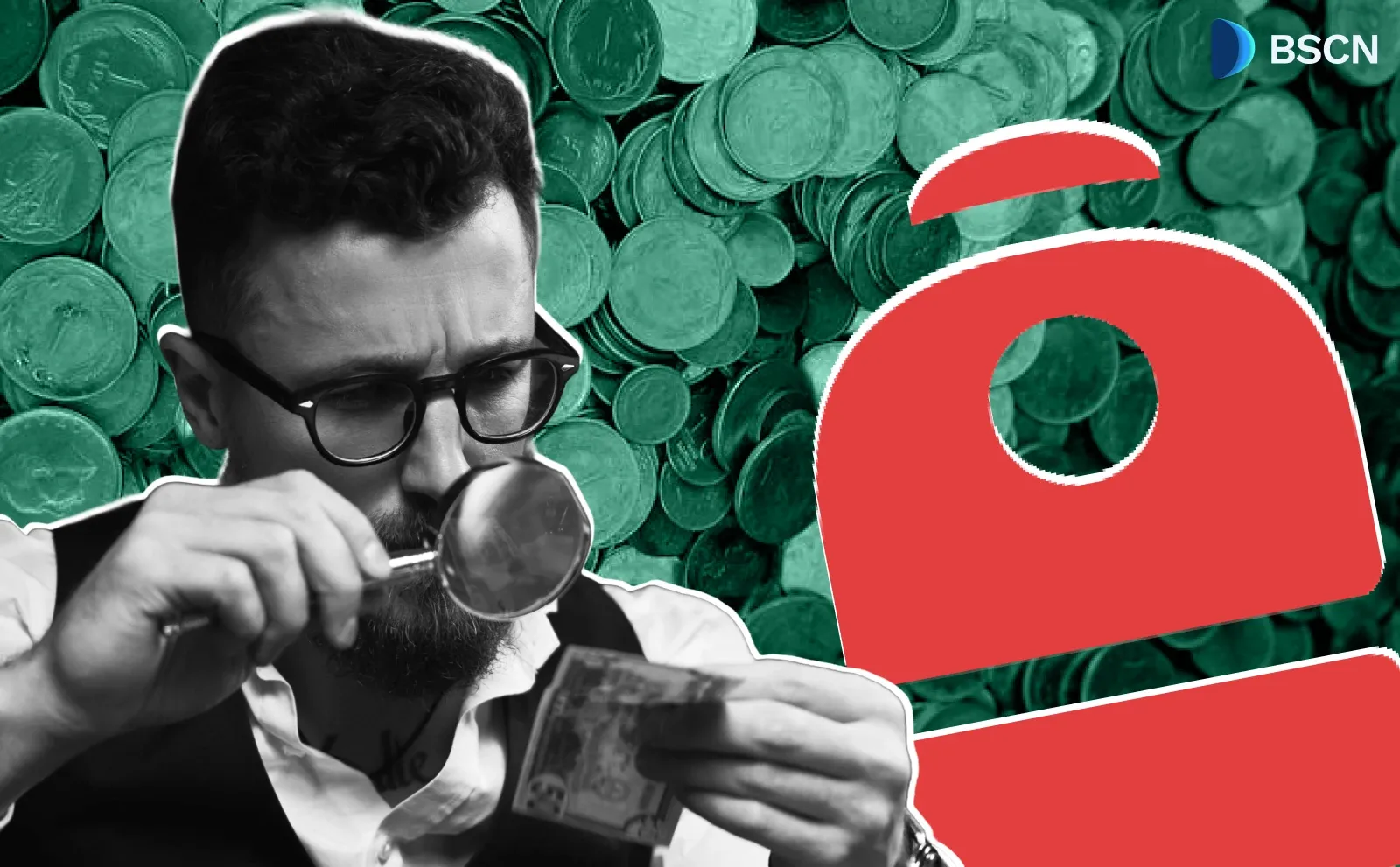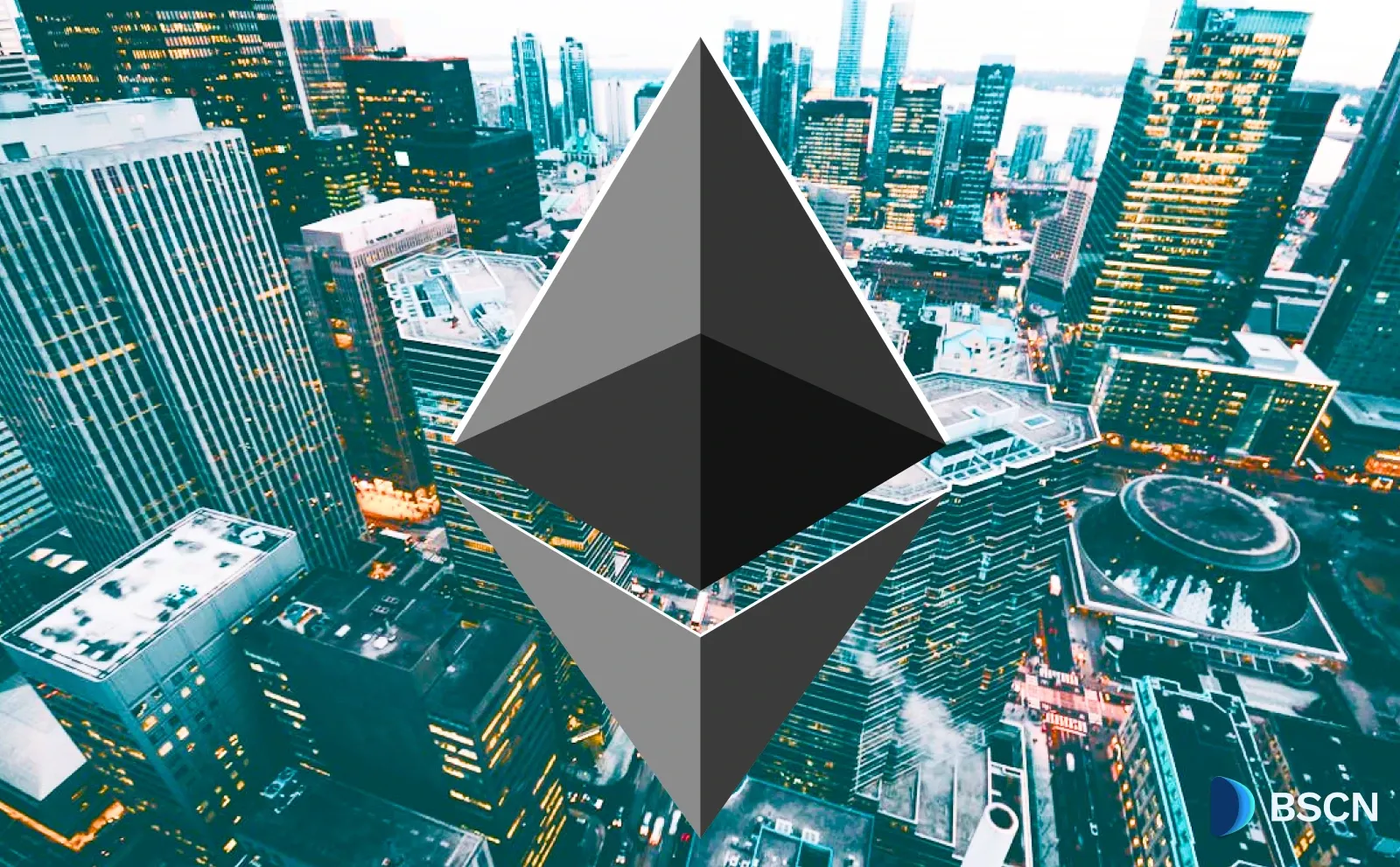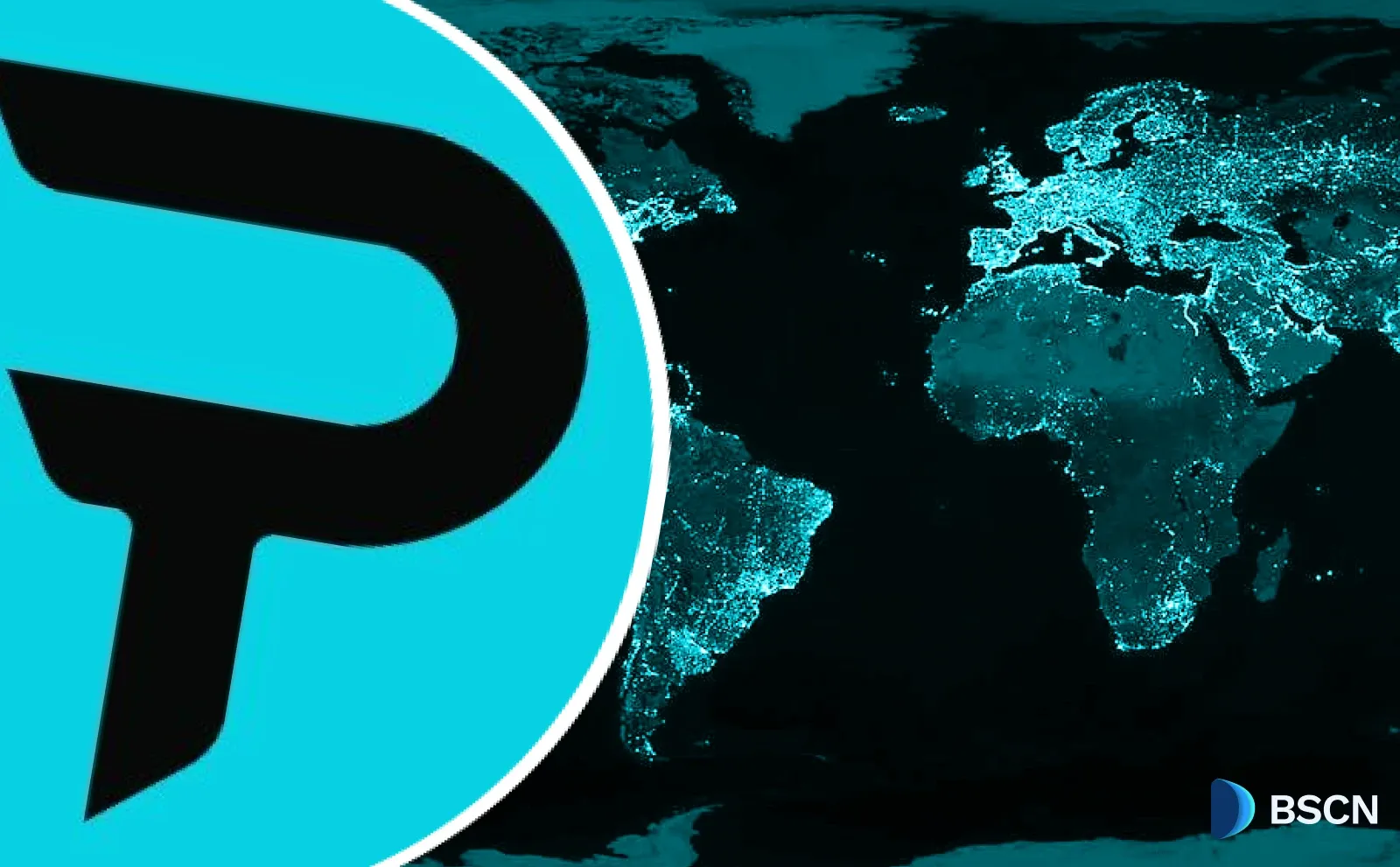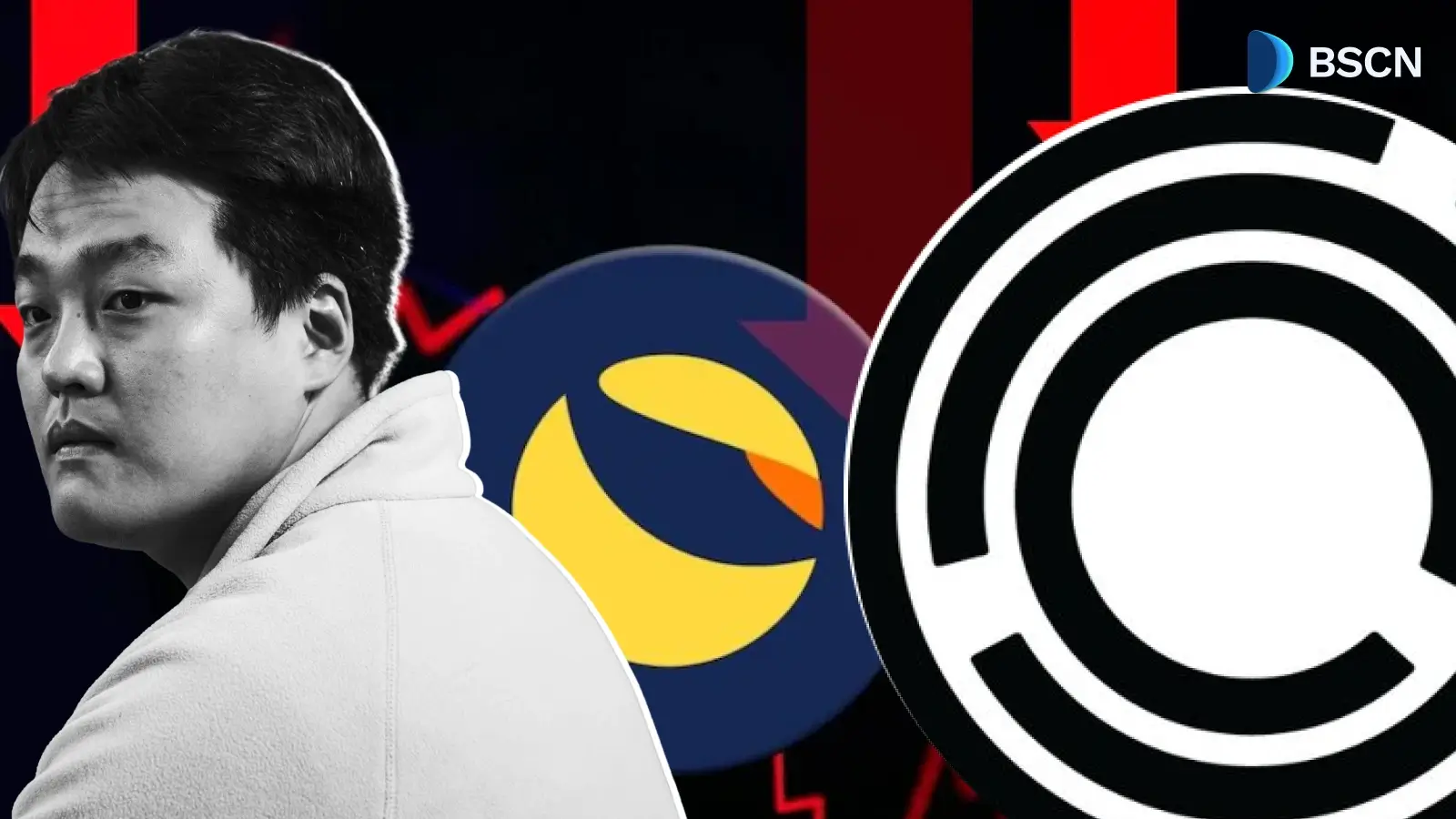Chainlink Powers Kamino Finance with Real-Time Data Streams

The upgrade aims to boost the performance, reliability, and security of Kamino’s markets, directly reinforcing user trust and supporting the broader growth of the Solana DeFi ecosystem.
Soumen Datta
April 29, 2025
Table of Contents
Kamino Finance has announced the successful integration of Chainlink Data Streams into its oracle system. This upgrade marks a key milestone for the Solana-based protocol, aimed at boosting data reliability, ensuring protocol robustness, and lowering risks for users.
1/ Extremely excited to announce that Kamino has integrated the @chainlink standard for verifiable data
— Kamino (@KaminoFinance) April 28, 2025
This marks an enormous milestone in our mission to maximize protocol robustness, and ensure user safety https://t.co/Kv92ttF1mW
Enhancing Data Reliability with Chainlink
Kamino Finance emphasized that integrating Chainlink Data Streams is part of a systematic effort to eliminate weak points within its tech stack. By embedding Chainlink’s ultra-reliable data feeds, Kamino aims to ensure that its users receive real-time, accurate pricing without disruption.
According to Kamino, the integration was not rushed. Chainlink Data Streams ran in Kamino’s mainnet testing environment for several weeks before the full rollout. During this period, Chainlink’s performance was measured against Kamino’s existing price feeds. The results consistently showed stronger reliability and fresher data, giving Kamino the confidence to move forward.
Kamino Finance highlighted that building a resilient DeFi protocol requires “removing single points of failure at every level” — and Chainlink, with its reputation for reliability, fits naturally into this goal.
Worth norting, Kamino is a leading DeFi lending protocol on Solana with over $2.3 billion in total value locked
Launch of Kamino’s Multi-Price Oracle System
Alongside the Chainlink integration, Kamino introduced a major upgrade to its oracle architecture: the Multi-Price Oracle System.
This system aggregates pricing data from multiple high-quality oracle sources, including Chainlink, and continuously cross-verifies the data in real time. Rather than relying on a single source for price information, Kamino’s system dynamically selects the freshest and most accurate price available.
Here’s why this change matters:
- Redundancy: If one data provider fails or lags, another can instantly take over.
- Accuracy: Prices are validated against multiple sources, reducing errors.
- Resilience: The system can "self-heal" during downtime or extreme market volatility.
Kamino reported that before deployment, the Multi-Price Oracle System was rigorously audited by Certora and Offside Labs, two trusted security firms in the blockchain sector.
The Chainlink Data Streams integration reduces the likelihood of price feed manipulation or downtime, two risks that have historically plagued DeFi protocols. Meanwhile, the Multi-Price Oracle System ensures that users are protected from oracle failures, providing a double layer of security.
Chainlink’s Recent Updates
Kamino’s move is another sign of Chainlink's expanding influence across the blockchain industry. Just a few weeks ago, Hedera Network also integrated Chainlink’s Cross-Chain Interoperability Protocol (CCIP), unlocking seamless communication with over 46 other blockchains.
The launch of CCIP on Hedera is seen as a turning point, helping Hedera-based applications operate beyond their native chain. Through CCIP, developers can now trigger smart contracts, transfer tokens, and send messages across multiple blockchains securely. This greatly expands liquidity access and strengthens Hedera’s position in the decentralized finance (DeFi) space.
One of CCIP’s most innovative features is the Cross-Chain Token (CCT) standard. With CCT, developers can create tokens that remain interoperable across supported blockchains without compromising ownership or security. By integrating such tools, ecosystems like Hedera and Kamino are not just enhancing their platforms but are preparing for a multi-chain future.
Another major project, Libre Capital, integrated Chainlink’s CCIP and Proof of Reserve to enable tokenization of real-world assets such as hedge funds and private credit instruments. Libre now issues tokenized funds backed by real-time, verified data — with Net Asset Value (NAV) tracked using Chainlink’s NAVLink.
For instance, Chainlink’s new Payment Abstraction system, now live on Ethereum, allows users to pay for Chainlink services with various tokens — not just LINK. This upgrade simplifies payment processes for developers, automatically converting user payments into LINK through decentralized exchanges like Uniswap. It’s a major move toward improving the overall user experience in blockchain applications.
Read Next...
Disclaimer
Disclaimer: The views expressed in this article do not necessarily represent the views of BSCN. The information provided in this article is for educational and entertainment purposes only and should not be construed as investment advice, or advice of any kind. BSCN assumes no responsibility for any investment decisions made based on the information provided in this article. If you believe that the article should be amended, please reach out to the BSCN team by emailing [email protected].
Author
 Soumen Datta
Soumen DattaSoumen has been a crypto researcher since 2020 and holds a master’s in Physics. His writing and research has been published by publications such as CryptoSlate and DailyCoin, as well as BSCN. His areas of focus include Bitcoin, DeFi, and high-potential altcoins like Ethereum, Solana, XRP, and Chainlink. He combines analytical depth with journalistic clarity to deliver insights for both newcomers and seasoned crypto readers.
Crypto Project & Token Reviews
Project & Token Reviews
Comprehensive reviews of crypto's most interesting projects and assets
Learn about the hottest projects & tokens



